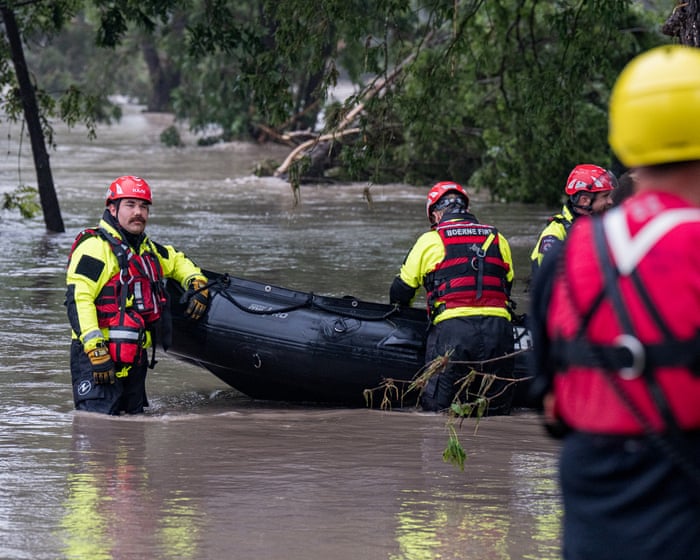More than 1,500 civilians may have been killed during an attack on Sudan’s largest displacement camp in April, potentially making it the second-worst war crime in the country’s devastating conflict.
A Guardian investigation into the 72-hour assault by the paramilitary Rapid Support Forces (RSF) on Zamzam camp in North Darfur—home to many displaced by the war—revealed repeated accounts of mass executions and large-scale kidnappings. Hundreds of civilians are still missing.
The scale of the likely deaths means this attack ranks only behind a similar ethnic massacre in West Darfur two years ago.
The war between the Arab-led RSF and the Sudanese military, which began in April 2023, has been marked by repeated atrocities, displacing millions and creating the world’s worst humanitarian crisis.
Earlier reports suggested up to 400 non-Arab civilians were killed in the three-day attack on Zamzam between April 11 and 14. The UN said “hundreds” had died.
But a committee investigating the death toll has now counted more than 1,500 killed—just before a UK government-led peace conference for Sudan in London.
Mohammed Sharif, part of the committee from Zamzam’s former administration, said the final number will be much higher, as many bodies remain uncollected in the camp, now under RSF control.
“Their bodies are still in homes, fields, and on the roads,” Sharif told the Guardian.
An atrocity expert with decades of experience in Darfur, who interviewed many survivors, believes up to 2,000 may have died. Speaking anonymously, they said the violence was shocking even compared to the genocidal killings of African ethnic groups in Darfur in the 2000s by Arab militias that later formed the RSF.
“Every single person who escaped knew family members who were killed. I’ve never seen that before,” they said.
Abdallah Abugarda of the UK’s Darfur Diaspora Association said about 4,500 members of his group knew someone killed in the attack. At least 2,000 Zamzam residents are still missing.
“The massacre at Zamzam, home to displaced people for over 20 years, is one of the worst crimes in recent history. Yet there’s been no global outcry,” Abugarda added.
Claire Nicolet of Médecins Sans Frontières (MSF) said the attack targeted “some of the most vulnerable people on earth.” Survivors faced “widespread looting, sexual violence, and horrific conditions while fleeing.”
Many women were kidnapped and remain missing. Sharif said over 20 were taken to Nyala, an RSF stronghold 160km away.
Last month, the International Criminal Court said there were “reasonable grounds” to believe war crimes and crimes against humanity were happening in Darfur.
In West Darfur’s capital, Geneina, more than 10,000 people—mostly Masalit and other non-Arab Sudanese—were reportedly killed by the RSF and allied militias in just two months starting mid-April 2023.
A single episode of fighting in a Geneina suburb in November that year killed over 800, according to the UN.
The Sudanese military has also been accused of war crimes, including indiscriminate bombings that killed civilians.The Guardian App
The Guardian app includes a secure way to share tips with us. Your messages are end-to-end encrypted and hidden within normal app activity, so no one can tell you’re contacting us—or see what you’re sending.
If you don’t have the app yet, download it ([iOS](https://apps.apple.com/app/the-guardian/id409128287) / [Android](https://play.google.com/store/apps/details?id=com.guardian)) and open the menu. Choose “Secure Messaging” to get started.
Other Ways to Contact Us
For more options—like SecureDrop, messaging apps, email, phone, or mail—check our guide at [theguardian.com/tips](https://www.theguardian.com/tips). It explains the benefits and risks of each method.
Illustration: Guardian Design / Rich Cousins
Was this helpful?
Thanks for your feedback.



